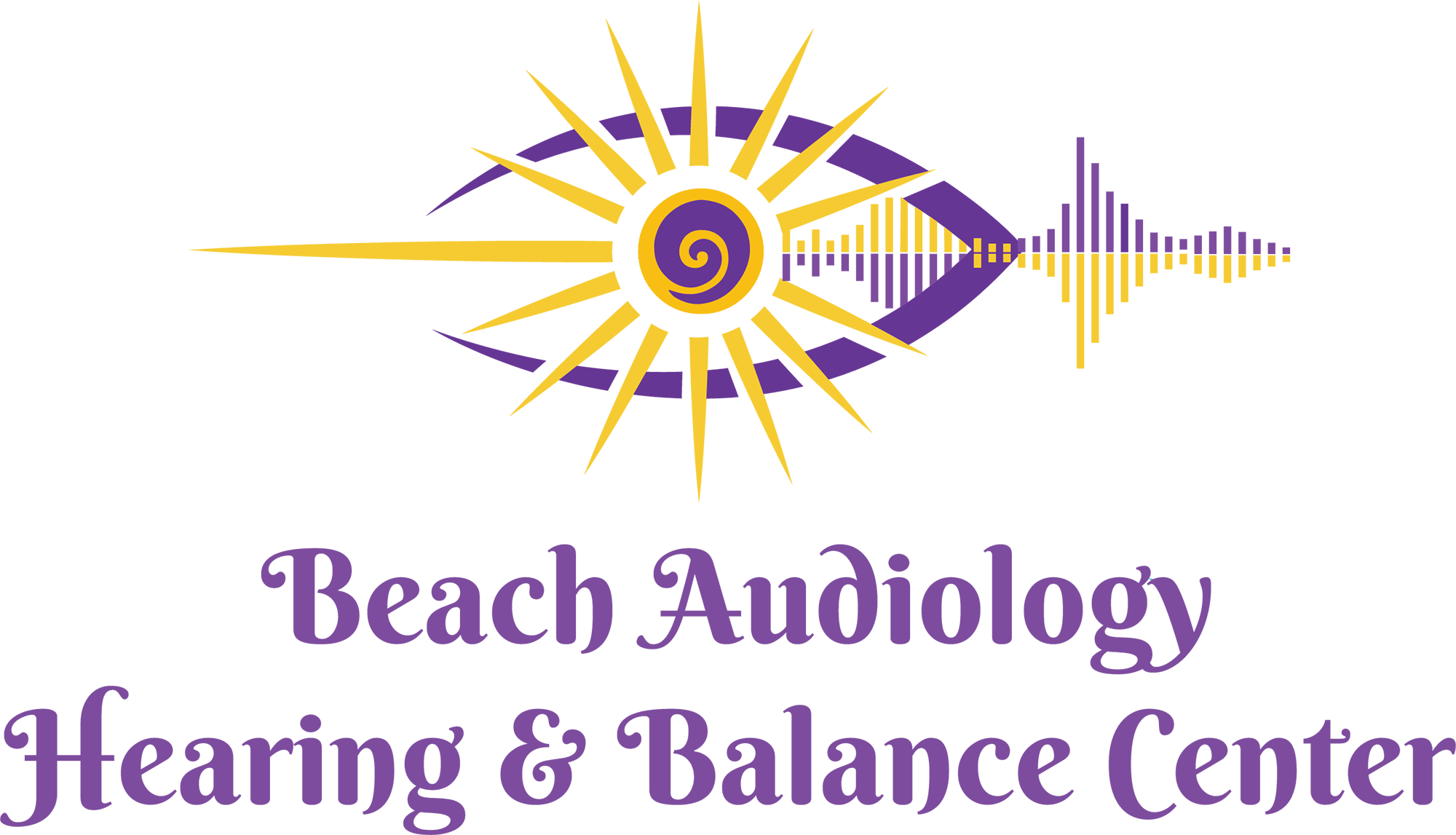Medications play an important role in managing health conditions, but they can also have unexpected side effects. Many medications can affect hearing health, ranging from over-the-counter pain relievers to prescription antibiotics. It is essential to recognize these medications and be aware of their potential side effects.
Over-the-Counter Pain Relievers
Popular pain relievers like aspirin, ibuprofen, and acetaminophen are found in most households. However, frequent use, especially at high doses, can lead to hearing issues. For example, excessive aspirin use can result in temporary hearing loss or tinnitus (ringing in the ears).
Antibiotics
Certain antibiotics, notably those in the aminoglycoside class (such as gentamicin and tobramycin), can be ototoxic. Ototoxicity refers to the potential for a medication to damage the inner ear. Patients taking these antibiotics should monitor for signs of hearing loss and consult a hearing health professional if any symptoms appear.
Diuretics
Diuretics, used to treat conditions like hypertension and heart failure, can also impact hearing. Medications such as furosemide and ethacrynic acid can lead to temporary or, in rare cases, permanent hearing loss.
Potential Side Effects
Tinnitus
Tinnitus is a common symptom of medication-induced hearing loss. This condition causes a ringing, buzzing, or hissing sound in the ears. It can range from a mild annoyance to a debilitating problem affecting daily life.
Reduced Hearing Sensitivity
A decrease in the ability to hear sounds clearly or a need to turn up the volume on electronic devices may indicate hearing loss. This symptom can be gradual or sudden, depending on the medication and dosage.
Balance Issues
The inner ear not only controls hearing but also plays a vital role in maintaining balance. Ototoxic medications can lead to dizziness, vertigo, and problems with coordination.
Ear Fullness
Some individuals may experience a sensation of fullness or pressure in the ears. This feeling can accompany other symptoms of hearing loss and should not be ignored.
Preventing Medication-Induced Hearing Problems
Consult Hearing Health Professionals
Before starting any new medication, consult a hearing health professional about potential side effects, including those affecting hearing. Regular check-ups and open communication can help monitor and manage any adverse effects.
Follow Dosage Instructions
Always adhere to the prescribed dosage and duration of medication. Avoid taking higher doses or using medications longer than recommended, as this can increase the risk of hearing problems.
Monitor Hearing Changes
Pay attention to any changes in hearing or balance while taking medications. Report any unusual symptoms to a hearing health professional immediately. Early intervention can help prevent further damage.
Regular Hearing Evaluations
Medications play an essential role in treating various health conditions, but it is vital to understand their potential impact on hearing health. By staying informed, consulting hearing health professionals, and adopting protective habits, individuals can minimize the risk and maintain their auditory well-being. Awareness and proactive care are key to preserving the sense of hearing for years to come. Contact us today to schedule an appointment.

